Timeline: one year since the death of George Floyd
Police killing of the unarmed African American prompted moment of reckoning for US race relations
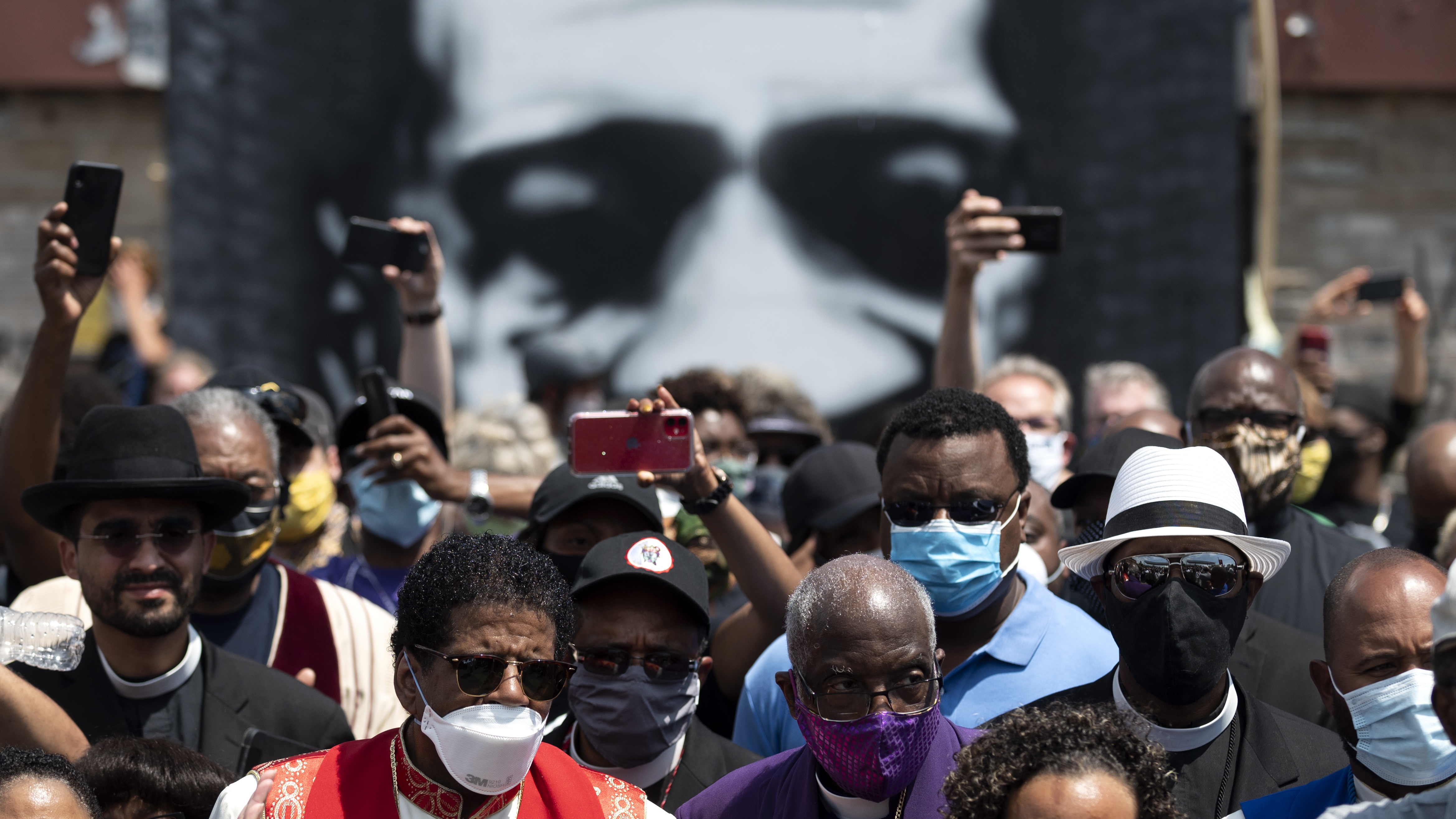
A free daily email with the biggest news stories of the day – and the best features from TheWeek.com
You are now subscribed
Your newsletter sign-up was successful
Demonstrators at protests across the US are calling for an end to both racism and current policing practices in the wake of George Floyd’s death.
Whether pushing to reform, defund, dismantle or even totally abolish the nation’s police forces, proponents of a law enforcement overhaul have found allies in Congress.
Democrats led by House Speaker Nancy Pelosi have proposed sweeping legislation to reform law enforcement nationwide, after Minneapolis lawmakers voted to disband the city’s police force following Floyds’ death during an arrest in the city last month. So what might each of the potential options entail?
The Week
Escape your echo chamber. Get the facts behind the news, plus analysis from multiple perspectives.

Sign up for The Week's Free Newsletters
From our morning news briefing to a weekly Good News Newsletter, get the best of The Week delivered directly to your inbox.
From our morning news briefing to a weekly Good News Newsletter, get the best of The Week delivered directly to your inbox.
Reform
Reform of the police service “has often been the mainstream call in the wake of protests against police brutality,” says NBC News.
But while such reform drives have previously focused on reviewing police funding, the process “now tends to call for community policing, a style that encourages police to be assigned to specific communities and to know the residents and dynamics of the areas where they work”, the US broadcaster reports.
Proponents of this approach argue that “many social welfare tasks that currently fall to armed police officers - responding to drug overdoses, and working with people who have a mental illness or are homeless - would be better carried out by nurses or social workers”, says The New York Times.
A free daily email with the biggest news stories of the day – and the best features from TheWeek.com
Police reform also aims to limit officers’ use of force and to establish systems to hold police accountable for their actions.
Since the Floyd protests began, New York’s state legislature has moved swiftly to pass reform legislation, including banning chokeholds, prohibiting ethnic or racial profiling, and introducing a requirement for police departments to keep track of arrests by ethnic and racial group, in a bid to identify patterns of bias.
Further legislation is expected to pass this week, “including repeal of a law which kept police disciplinary records confidential”, NPR reports.
Defunding
Some campaigners argue that simply reforming police systems doesn’t go far enough.
The cost of policing in the US has tripled to $114.5bn (£90.4bn) a year over the past four decades, according to an analysis of latest census data. And in many areas, spending on policing is much higher than funding for other departments and services.
Los Angeles forks out $1.8bn (£1.4bn) on police - more than half the city’s general fund.
Many critics argue that this level of funding is leading to bloat within the force and diverting much-needed funds from other aspects of civic life.
Amid growing criticism, moves are already under way to defund police in some US cities. LA Mayor Eric Garcetti announced at a press conference last week that the city would “identify $250m in cuts so we can invest in jobs, in health, in education and in healing”, reports Los Angeles Magazine.
A New York councillor has called for a $1bn divestment from the NYPD, while “in Philadelphia, Baltimore, Washington D.C., San Francisco and other cities, local policymakers have expressed support for some form of defunding or opposing police budget increases”, says The Guardian.
–––––––––––––––––––––––––––––––For a round-up of the most important stories from around the world - and a concise, refreshing and balanced take on the week’s news agenda - try The Week magazine. Start your trial subscription today–––––––––––––––––––––––––––––––
Dismantling
Minneapolis City Council has announced plans to “dismantle” and “abolish” its local police department and create a new system for providing public safety.
“In Minneapolis and in cities across the US, it is clear that our system of policing is not keeping our communities safe,” council president Lisa Bender said at a community rally on Sunday.
Other cities have taken similar measures in the past. In 2012, Camden in New Jersey addressed funding shortfalls by dismantling its police department and forming “what city leaders say was a different kind of police force, focused on community policing”, reports NBC news.
In other cases, “departments disband when municipalities go bankrupt or when cities decide they don’t want to pay for their own police and contract to hire neighbours’ forces, instead”.
But with Minneapolis, “it appears that a paradigm shift might be the goal”, says the broadcaster.
According to city council member Jeremiah Ellison, “when we’re done, we’re not simply gonna glue [the police department] back together. We are going to dramatically rethink how we approach public safety and emergency response.”
The council’s plan for what will replace the police department currently “remains unclear”, says Vox.
However, “ideas like those of Black Visions Collective and Reclaim the Block would likely be included in the city’s final proposal, given that local officials have pledged to work with community groups to outline a vision for the future of preventing crime, mediating civilian disputes, and addressing emergencies”, the news site continues.
The process of dismantling a police force and starting from scratch has also been tried and tested in other countries. In 2004, Georgian President Mikheil Saakashvili sacked around 30,000 police officers - 85% of the total police force - in a single day in an effort to root out Soviet-era corruption.
The reformed police force is now “one of the most well-regarded institutions in the country”, says the London-based Centre for Public Impact.
Abolition
Not everyone believes that policing and prisons are reformable institutions, with some critics arguing that the total abolition of these systems is the only viable solution.
“Even if we trim the budget, if we ask them to do more beating with less money, we’re still invested in policing as an action, institution and method of meeting need and reducing conflict,” says Andrea Ritchie, a researcher for interrupting criminalisation at New York City’s Barnard College.
Abolitionists say they don’t merely want to close down police departments, “but rather to change the structure and conditions under which people who are currently criminalised live to make police more obsolete”, says NBC News.
According to the broadcaster, the argument goes that “if people had healthcare, housing and access to good jobs and education and community, there would be less crime and less need for police”.
“We are not proposing to abandon our communities to violence. We are naming policing as a form of violence that we all experience,” Ritchie concludes.
-
 6 of the world’s most accessible destinations
6 of the world’s most accessible destinationsThe Week Recommends Experience all of Berlin, Singapore and Sydney
-
 How the FCC’s ‘equal time’ rule works
How the FCC’s ‘equal time’ rule worksIn the Spotlight The law is at the heart of the Colbert-CBS conflict
-
 What is the endgame in the DHS shutdown?
What is the endgame in the DHS shutdown?Today’s Big Question Democrats want to rein in ICE’s immigration crackdown
-
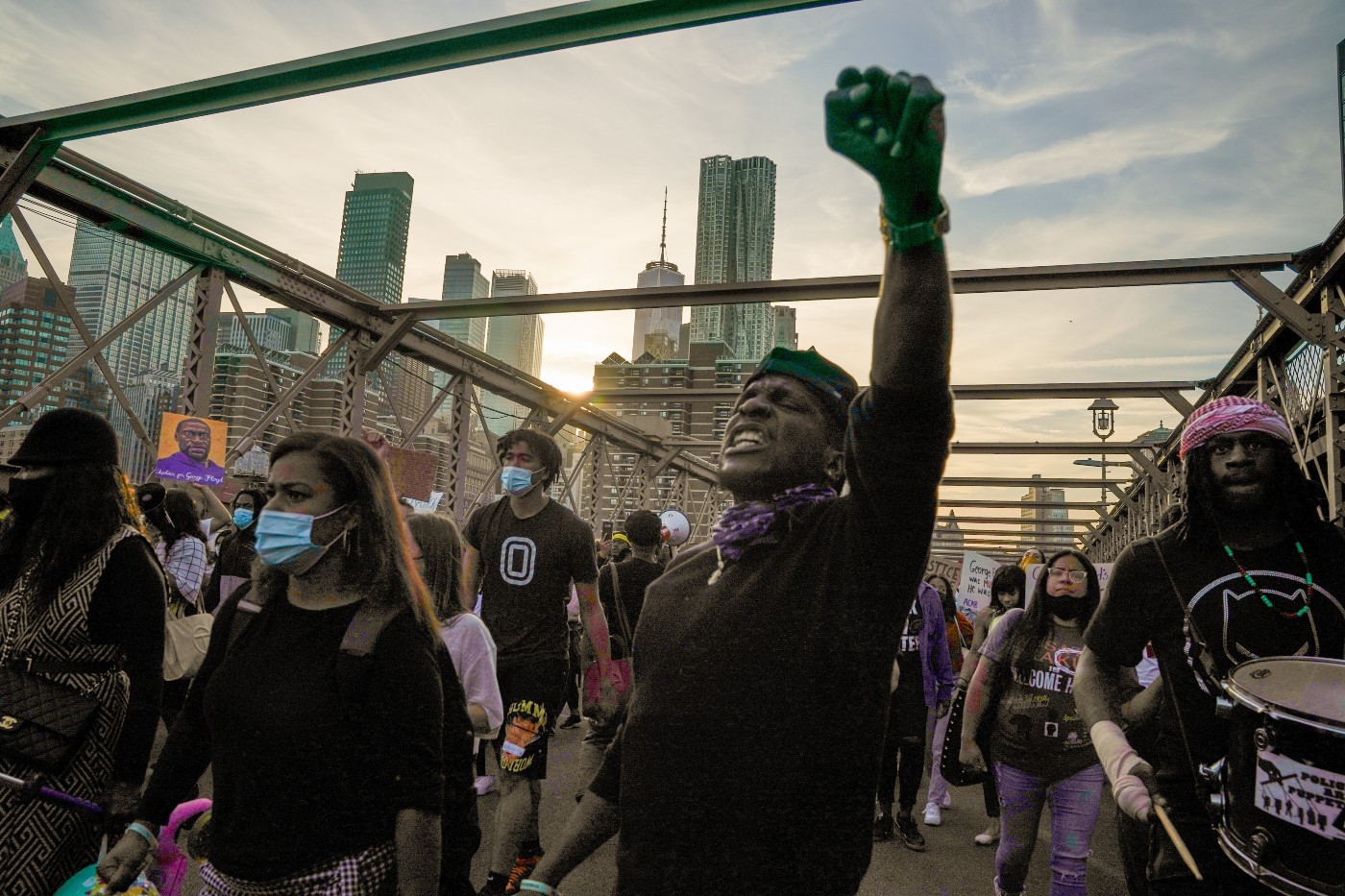 George Floyd legacy: what has changed in the US three years on
George Floyd legacy: what has changed in the US three years onfeature Police officers are more accountable but has ‘white empathy’ hit a wall?
-
 Why energy firms are sending in bailiffs during cost-of-living crisis
Why energy firms are sending in bailiffs during cost-of-living crisisfeature A Times investigation found that debt collectors had been force-fitting meters in people’s homes
-
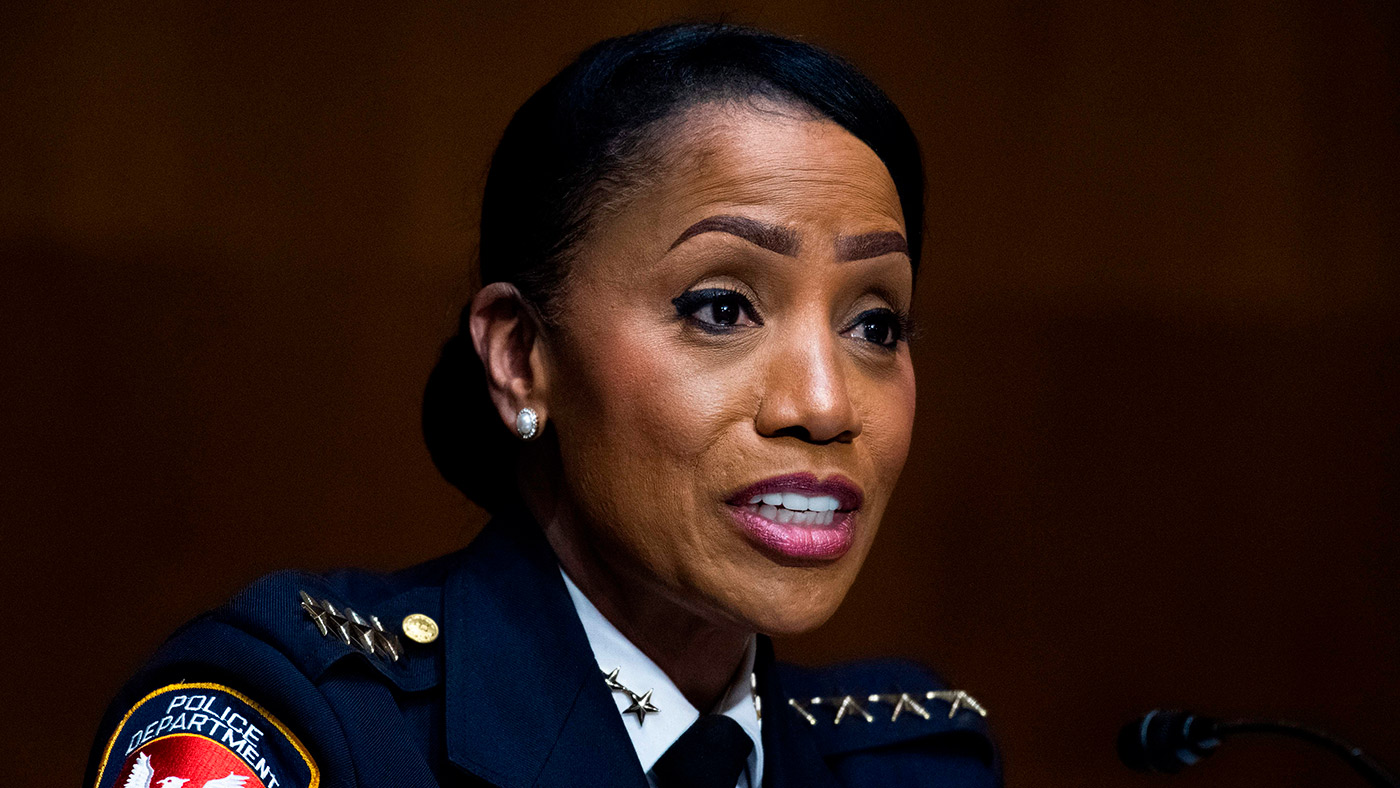 US elite crime-fighting units: a recipe for trouble?
US elite crime-fighting units: a recipe for trouble?feature Tyre Nichols’ death in Memphis highlights the dangers of using of elite crime-fighting units
-
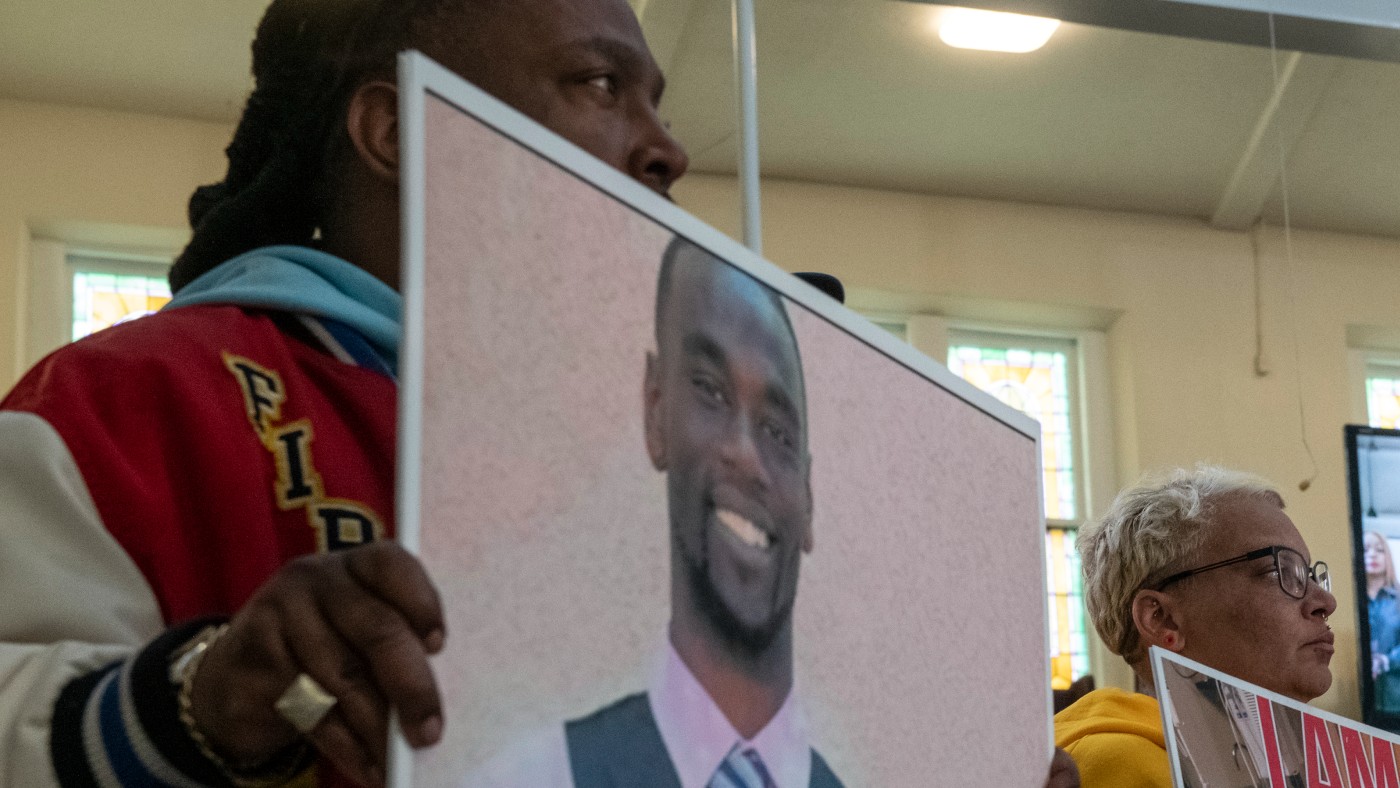 What happened to Tyre Nichols?
What happened to Tyre Nichols?Speed Read President Biden calls for ‘peaceful protest’ ahead of video release showing Memphis police officers fatally injuring 29-year-old
-
 ‘Police tactics are not getting worse, they are simply being filmed’
‘Police tactics are not getting worse, they are simply being filmed’Instant Opinion Your digest of analysis from the British and international press
-
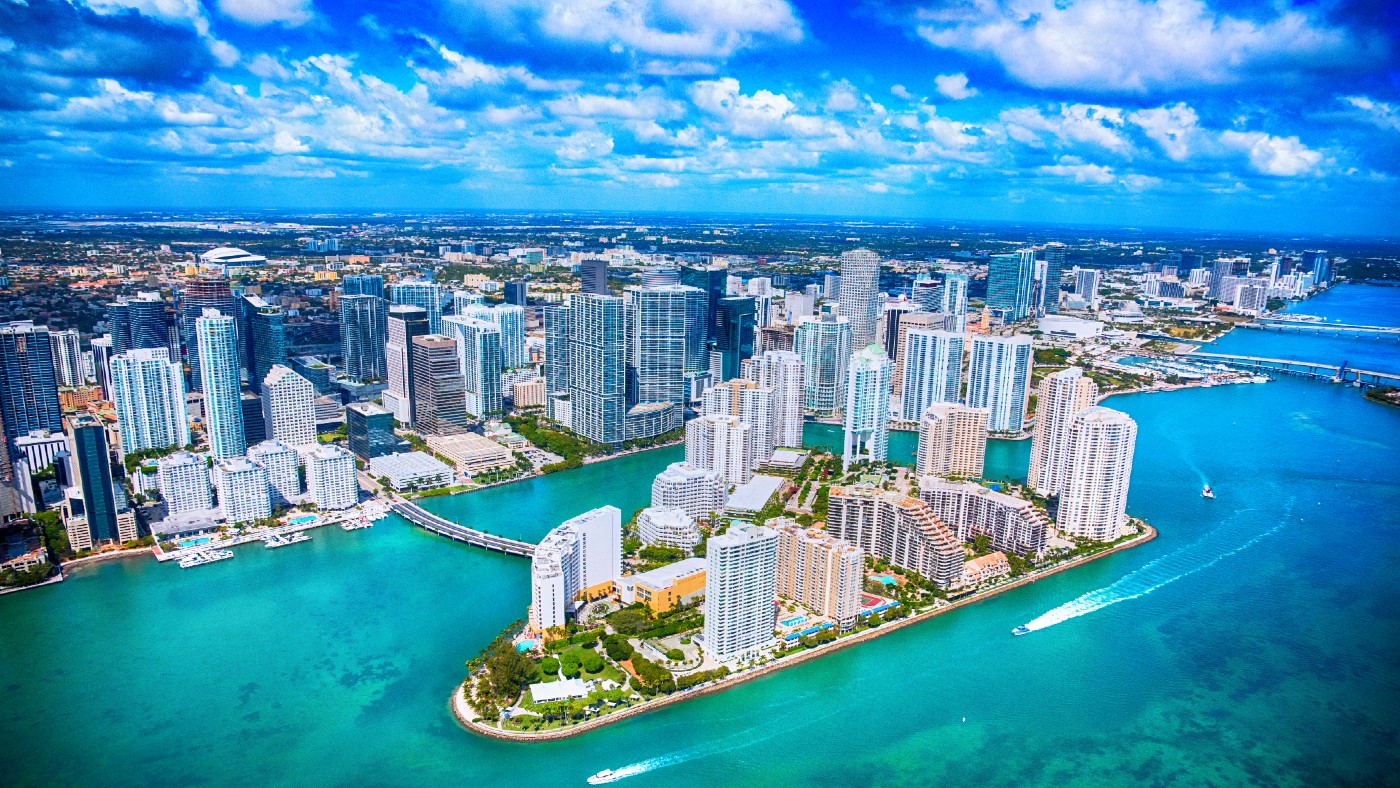 A sunshine state of mind: the mass exodus to Florida
A sunshine state of mind: the mass exodus to Floridafeature Could Florida be the new New York?
-
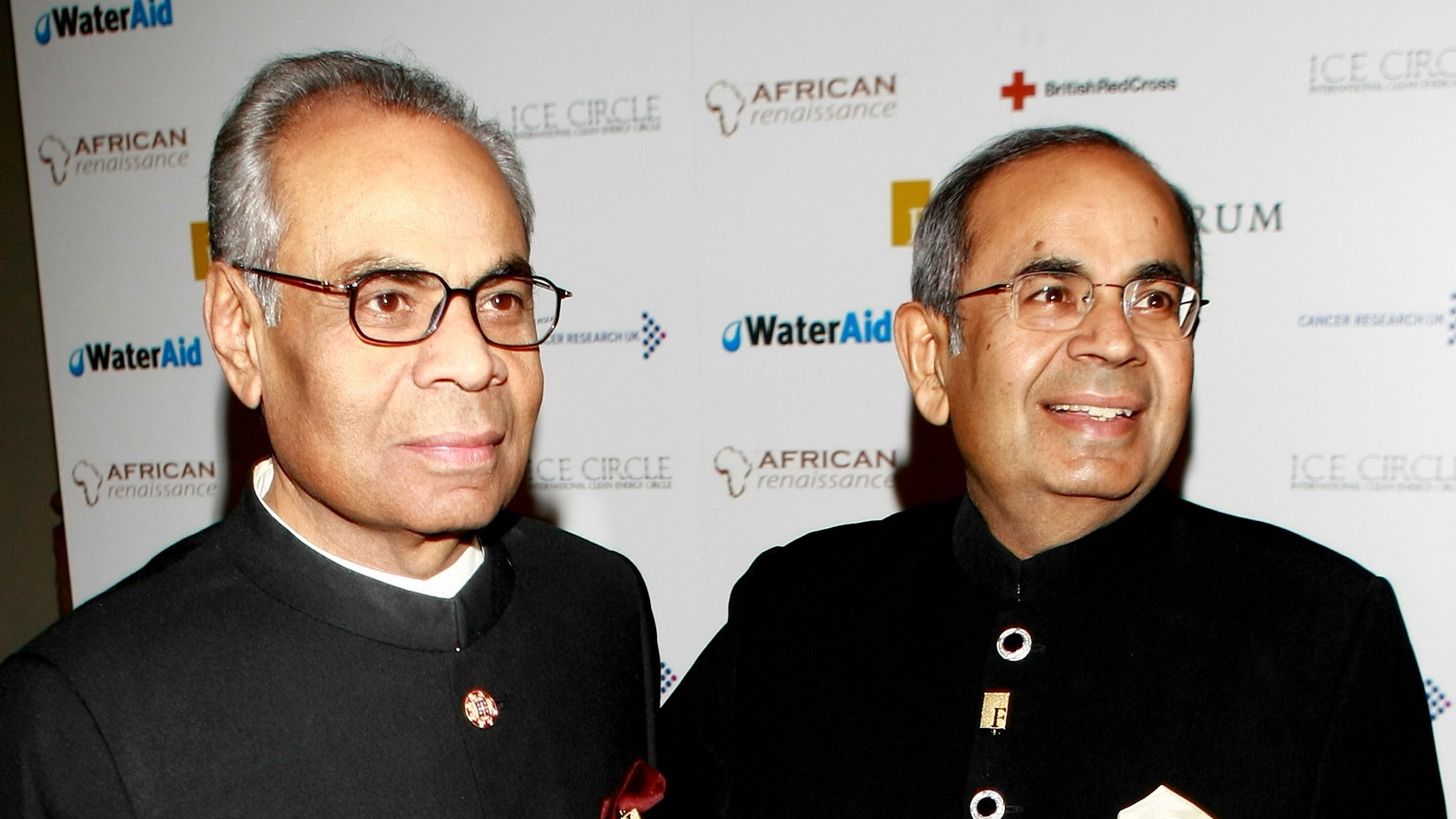 Who are the UK’s richest people?
Who are the UK’s richest people?feature Anglo-Indian brothers top this year’s list of the country’s billionaires
-
 Does the Highway Code prioritise cyclists?
Does the Highway Code prioritise cyclists?feature Updated code introduces new ‘hierarchy of road users’ that places drivers below pedestrians and cyclists